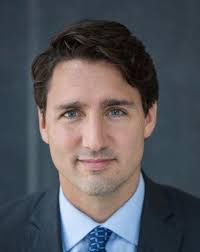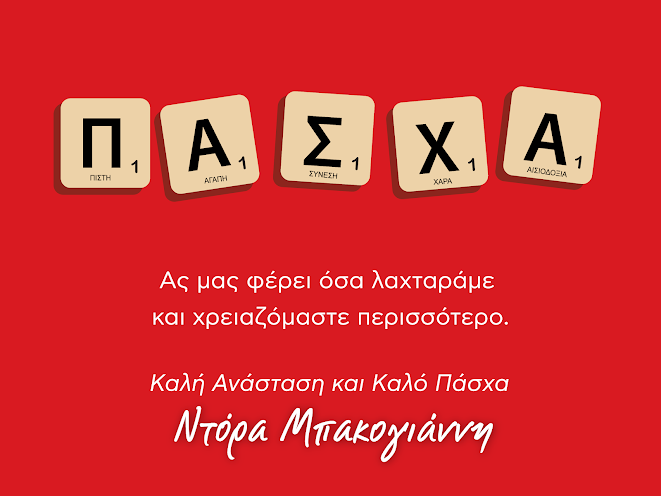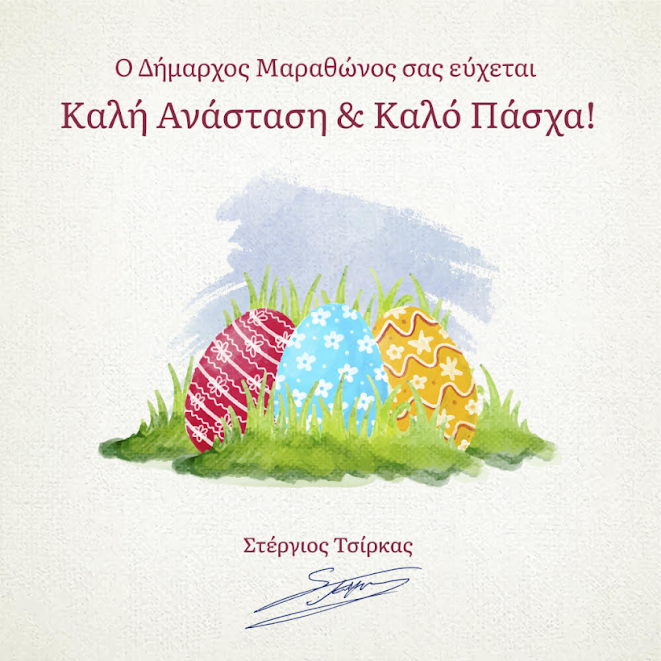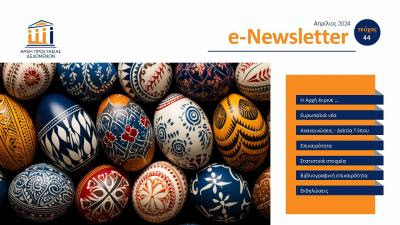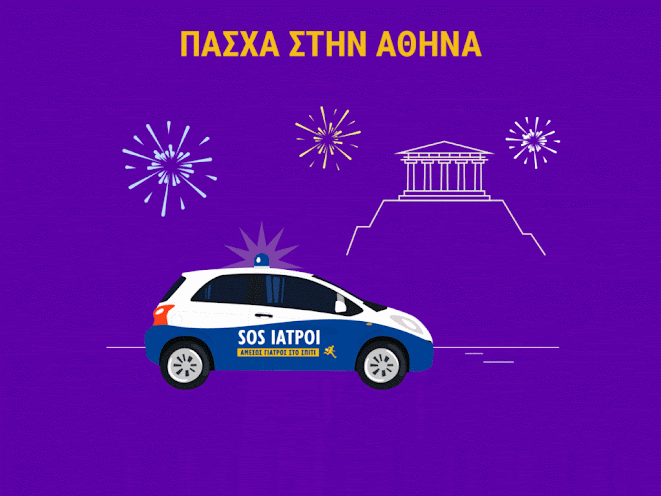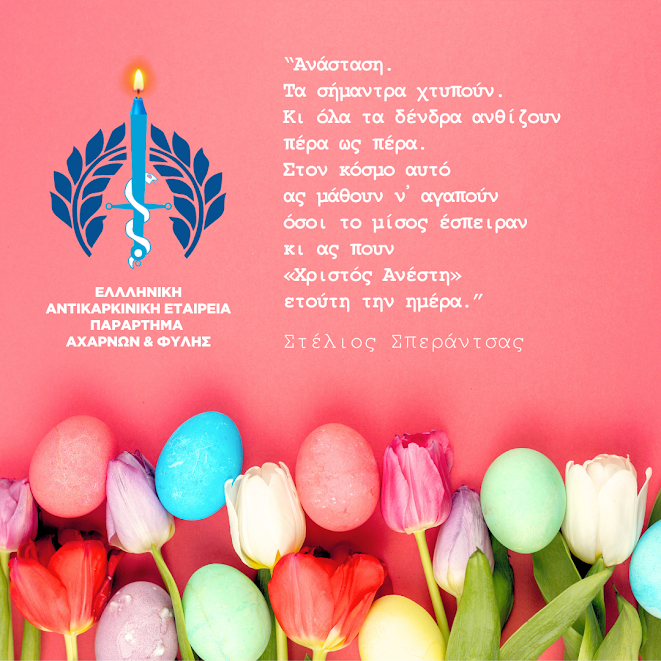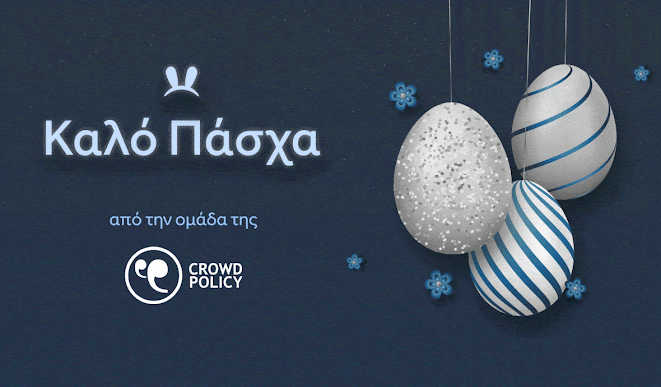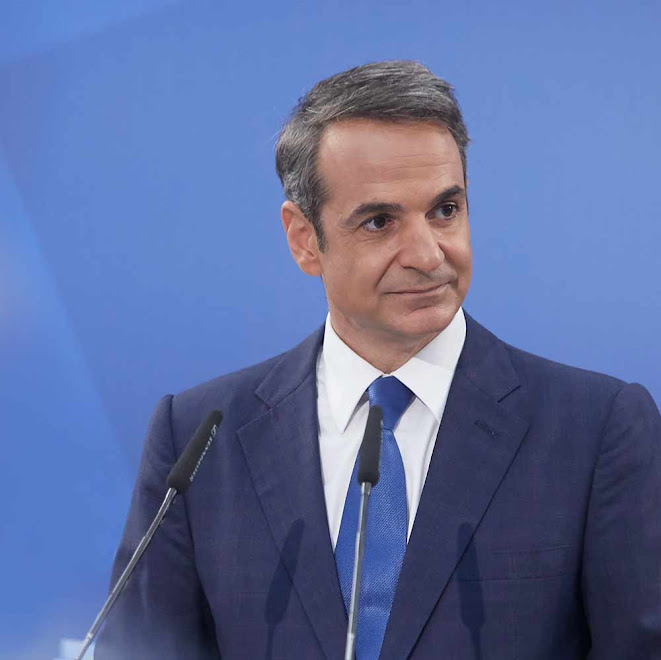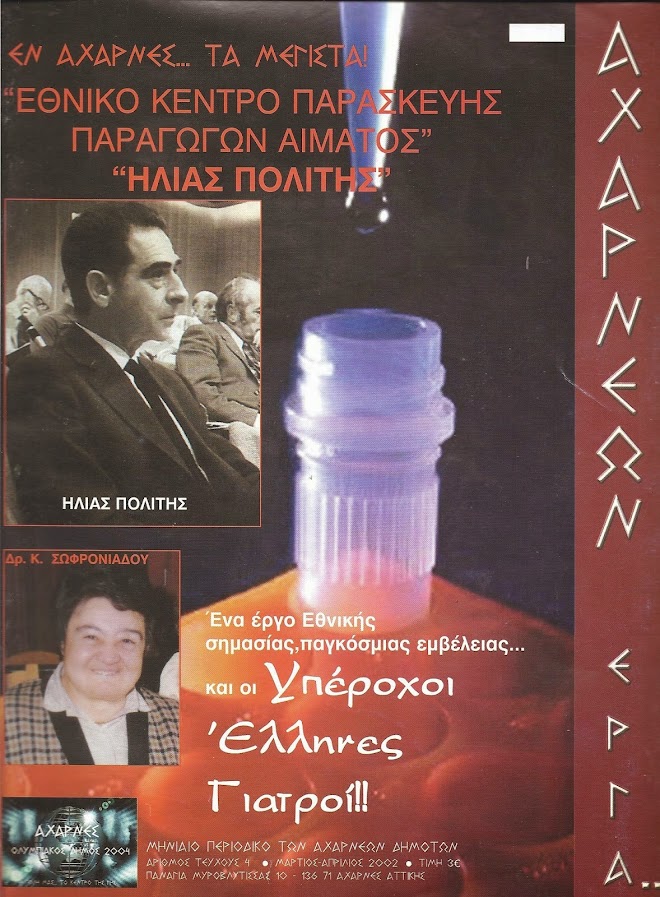| ● Council of the EU | | | 30/11/2021 19:44 | MEETING | | | | | EU ministers responsible for education, youth, culture, audiovisual and sport met in Brussels to discuss about blended learning approaches, digital education and skills, civic spaces for meaningful youth participation, availability and competitiveness of European audiovisual and media content and a European sport model. |
|
|
|
Home Meetings Council of the EU
Education, Youth, Culture and Sport Council, 29-30 November 2021
Main results
Culture, Audiovisual and Sport, 30 November 2021
Increasing the availability and competitiveness of European audiovisual and media content
The European audiovisual and media sectors have suffered greatly during the COVID-19 pandemic. Cinemas have seen box office revenues drop by between 70% and 80% in 2020. At the same time, the demand for online subscriptions of video-on-demand services has soared.
As the availability of European audiovisual and media content is fundamental for the health of the European media sector, the Council has approved conclusions to provide guidelines on how to guarantee that European content becomes more widely available. Proposed actions include encouraging the greater availability of original content in different language versions, promoting efficient marketing tools and film audience strategies, improving and facilitating the discoverability of creative content online in all EU languages and encouraging an increase in the volume of European audiovisual works in on-demand catalogues.

Every day, EU citizens enjoy watching excellent European series, movies and TV programmes. Still, the pandemic and other trends weigh heavily on the European audiovisual and media sector. That is why we have agreed on measures to boost the sector and make European content from different countries and in different languages more widely available.Vasko Simoniti, Slovenian Minister for Culture
Council conclusions on increasing the availability and competitiveness of European audiovisual and media contentHigh quality architecture and New European Bauhaus
Following the State of the Union speech by President Ursula von der Leyen in September, in which she called the New European Bauhaus initiative (NEB) the very “soul of the European Green Deal”, the Commission has published a communication on the New European Bauhaus. The NEB represents the EU’s ambition to create beautiful, sustainable, and inclusive places, products and ways of living. The NEB promotes a new lifestyle where sustainability matches style, thus accelerating the green transition in various sectors of our economy such as construction, furniture, fashion and in our societies as well as other areas of our daily life.
In its conclusions adopted today, the Council calls on various policy makers – at both local and EU level – to mainstream the NEB and the circular economy principles and approaches in the national socio-economic and territorial development strategies and to facilitate synergies between relevant policy areas and other processes such as the Conference on the Future of Europe.
Council conclusions on on culture, high-quality architecture and built environment as key elements of the New European Bauhaus initiativeEuropean Sport Model
The Council has approved a resolution on the key features of a European Sport Model. These features include a pyramidal structure, organised sport within national structures and with one federation per sport, solidarity with lower-tier sport levels and the promotion of open competitions. The Council is inviting member states to promote values in sport and sport organisations and is asking the sport movement to ensure that the organisation of sports competitions complies with the principle of openness, gives priority to sporting merit and respects fundamental and human rights.
Sport: Council resolution stresses key features of values-based sport model (press release, 30 November 2021)Resolution of the Council and of the representatives of the Governments of the Member States meeting within the Council on the key features of a European Sport ModelIn their sport session, ministers also approved conclusions on lifelong physical activity and exchanged views on athletes’ dual careers.
Conclusions of the Council and of the representatives of the Governments of the Member States meeting within the Council on lifelong physical activityOther business
The Finnish delegation reported on the designation of Oulu as European Capital of Culture 2026. The Spanish delegation informed ministers about the drafting of a Green Book on the sustainable management of cultural heritage. Portugal presented ideas on the way forward as regards the status of cultural and creative professionals and actions that can be taken at national level. Italy presented the G20 cultural ministerial and the Rome declaration of G20 ministers of culture. Romania suggested inviting the Commission to present a legislative proposal to make 2023 the European year for resilience through culture.
The Commission reported on the recovery of the culture sector after the COVID-19 pandemic as well as on the CulturEU funding guide and web tool - EU funding opportunities for the cultural and creative sectors 2021-2027.
The EU member states’ representative of the incumbent Trio Presidency in the WADA Foundation Board informed ministers about the Executive Committee and Foundation Board which took place on 24 and 25 November 2021. The presidency informed the Council about the impact of the COVID-19 pandemic on sport.
The French delegation provided information on the work programme on the culture, audiovisual, media and sport policies of the upcoming presidency.
Education and Youth, 29 November
Civic spaces for young people
Civic spaces for young people - environments such as youth centres, associations and youth assemblies that allow for young people’s meaningful participation in society - are under pressure. This is partly due to the COVID-19 pandemic during which online civic spaces have often remained the only viable alternative. Civic spaces are crucial to allow young people to participate in decision-making and to shape policies that affect them. Therefore, youth ministers discussed measures to defend and support civic spaces for young people. Ministers also voiced concerns about the role of digital tools and fora which - although allowing young people to mobilise, raise awareness and share information - also entail risks such as intimidation, online censorship and digital surveillance.

It is a sad reality that civic spaces for young people, environments where they can engage with society, are under pressure. We need to reverse this trend because civic spaces are where young people can exercise their rights of freedom of expression, association and assembly. That’s why we agreed today to support organisations in the field of youth and reach out more to young people when devising policies.Simona Kustec, Slovenian Minister for Education, Science and Sport
The Council also approved conclusions on safeguarding and creating civic spaces for young people that facilitate meaningful youth participation. The Council is inviting member states to preserve and expand civic spaces for young people and to put measures in place to ensure that young people from disadvantaged backgrounds and with fewer opportunities, in particular those from remote and rural areas and those with disabilities, can access and participate in these spaces. Member states and the Commission are also invited to maintain structural funding for youth organisations.
Conclusions of the Council on safeguarding and creating civic spaces for young people that facilitate meaningful youth participationBlended learning
The Council adopted a recommendation on blended learning approaches to achieve the goal of high-quality and inclusive primary and secondary education. During the pandemic, home schooling and distance learning became a new reality for many pupils, teachers and parents. While the teaching community has shown remarkable innovative skills in the adoption of new approaches, a number of challenges, such as insufficient connectivity and digital infrastructure, have also become apparent. Based on learnings from the crisis, the recommendation puts forward both short-term measures as a direct response to the crisis as well as long-term actions to advance blended learning approaches.
Drawing lessons from the pandemic, Council adopts recommendation on blended learning (press release, 29 November 2021)Council Recommendation on blended learning approaches for high-quality and inclusive primary and secondary educationMinisters also approved resolutions on a new European agenda for adult learning 2021-2030 and on the governance structure of the strategic framework for European cooperation in education and training. Education ministers held a policy debate on the structured dialogue on digital education and skills (launched by the Commission in October 2021).
Council Resolution on a new European agenda for adult learning 2021-2030In their youth session, ministers approved a resolution to ensure that the outcomes of the 8th cycle of the EU Youth Dialogue are recognised and followed-up by relevant stakeholders. As regards the EU Youth Strategy (2019-2021) they approved conclusions on its implementation. Looking ahead, they approved a resolution on the EU Youth Strategy Work Plan 2022-2024.
Resolution of the Council of the European Union and the representatives of the Governments of the Member States meeting within the Council on the EU Youth Strategy Work Plan 2022-2024Resolution of the Council and of the representatives of the Governments of the Member States meeting within the Council on the Outcomes of the 8th Cycle of the EU Youth DialogueCouncil conclusions on the implementation of the EU Youth Strategy (2019-2021)Other business
The presidency reported on the impact of the COVID-19 pandemic on education and training and on a joint statement by the ministers of education on the situation regarding women’s right to education in Afghanistan. Belgium and Lithuania, on behalf of the Benelux countries and Baltic States, informed ministers on the Treaty on the automatic mutual recognition of higher education qualifications.
The presidency also provided information on the impact of the COVID-19 pandemic on youth and briefed ministers on the outcome of the discussion at the Youth Informal Forum breakfast meeting.
The French delegation reported on the upcoming presidency’s work programme on education and youth.
The Council also adopted without discussion the items that figure in the list of non-legislative A items.
Meeting information
Meeting n°3831
Brussels
29 November 2021
10:00
Preparatory documents
Provisional agendaList of A items, non-legislative activitiesBackground briefOutcome documents
List of participantsList of participants




